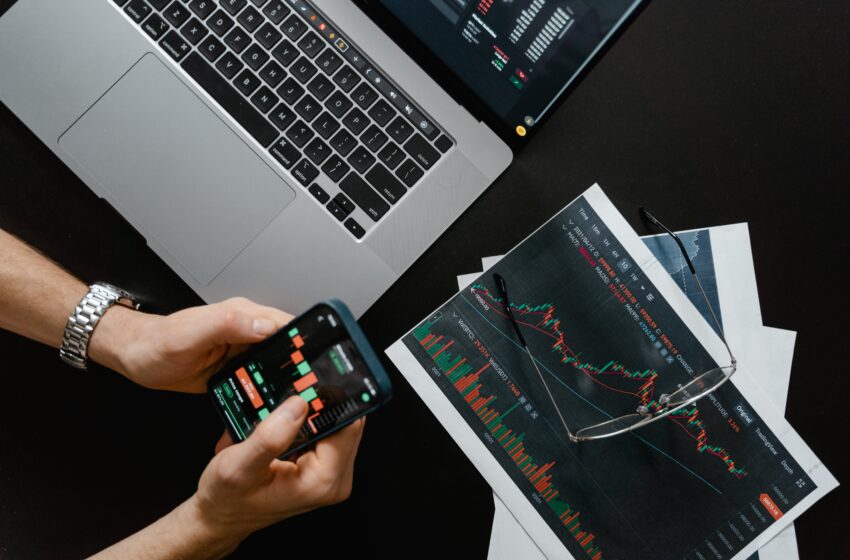
Philippines Paving the Way for a Financial Renaissance, Unfolding Digital Banking Epoch
In the heart of the Philippines, a financial renaissance is on the horizon, and the catalyst is digital banking. With a burgeoning economy and a significant underbanked population, the country is poised for a financial transformation that could redefine its banking landscape. McKinsey reports that despite the anticipation of a threefold increase in banking revenue pools by 2030, nearly half of the bankable population in the Philippines remains unbanked. The prevailing issue of poor access to formal banking systems has spurred regulators to welcome new players, setting the stage for a digital banking revolution.
In recent years, the Philippines has emerged as one of the fastest-growing economies in Southeast Asia. Regulators, particularly the central monetary authority Bangko Sentral ng Pilipinas (BSP), have recognized the potential of digital banking in fostering financial inclusion and literacy. The BSP’s Paleng-QR Ph program, launched in June 2022, leverages the existing QR payment system to maximize digital payment usage. This initiative aligns with the central bank’s commitment to standardizing QR Ph payment codes, encouraging new players to enter the market, and expanding the reach of fintechs and neo-banks.
Salmon, a Manila-based fintech firm, stands out as a trailblazer in this digital evolution. Co-founder and chairman Pavel Fedorov attributes the Philippines’ success in modernizing the modernizing to the BSP’s unique regulatory approach. Unlike some Southeast Asian countries, where regulators govern lending companies based on individual company metrics, the BSP adopts systemic regulation. This approach aligns with President Ferdinand Marcos Jr.’s emphasis on financial literacy, urging ordinary consumers and SMEs to embrace electronic wallets and digital payment applications.
The BSP’s visionary initiatives extend beyond QR payments, encompassing the development of a QR-enabled digital database to substitute traditional credit scoring. This innovative approach addresses the challenge of assessing lending options for households and SMEs without credit histories or sufficient collateral. The BSP’s Cybersecurity Roadmap, unveiled in 2023, underscores its commitment to capacity building, collaborative engagements, and a robust policy framework, ensuring a secure digital financial landscape.
E-money regulations have also undergone updates, strengthening the capital and liquidity position of electronic money issuers. Consequently, the digital assets market in the Philippines is projected to witness a revenue growth of 32.7% in 2024, with the number of users in the digital payments market expected to surpass 60 million by 2027.
Salmon, leveraging the uniform QR Ph introduced by the BSP, has pioneered retail credit products that cater to the underbanked population. The introduction of standardized QR codes is seen as just the beginning of a transformative journey for the Philippines. Fedorov predicts a shift toward a payment model akin to China’s, where QR codes become the predominant mode of payment, signifying the future of the Philippines’ payments landscape.
As Salmon evolves into a full-service credit-led and data-centric bank, potential expansion into other parts of Southeast Asia is on the horizon. Fedorov anticipates rapid transformation in the Philippines’ financial sector in 2024, with an “incredible compounding” effect. Factors such as an increasing awareness of financial inclusion, the introduction of a modernized national ID, expanding data, and a proliferation of credit bureaus are set to revolutionize the market.
Credit bureaus, once deemed irrelevant, now boast coverage of 55%, a remarkable jump from 10% coverage just four years ago. Fedorov emphasizes that the combination of these factors, coupled with the Philippines’ unique regulatory approach, will render the country’s markets “unrecognizable” in the next 12 to 18 months.
As the International Finance Corporation and the BSP continue their focus on promoting disruptive technology for improved financial inclusion and efficiency, early fintech pioneers find themselves at the forefront of the Philippines’ digital banking revolution. The unfolding epoch promises not just a financial renaissance but a blueprint for other economies seeking to balance growth, inclusion, and innovation in the digital era.






